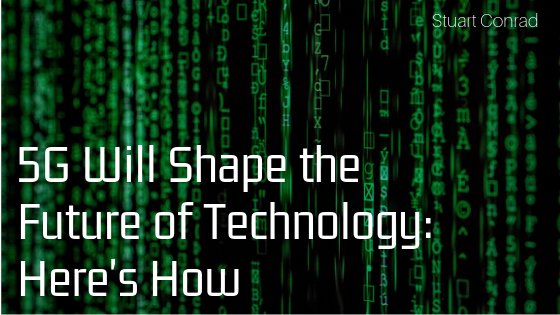Millions of Americans rely on the LTE network to fuel their lives and especially their mobile phones. This LTE network runs off of a 4G system. There is a fifth generation of this network in the works, and it is planned to hit the market in early 2019. 5G is going to change the technological landscape of the future, and it’s going to be big.
5G will not immediately take over the LTE empire – but instead, it will start by complementing the service until eventually becoming the primary service. The key to the 5G network is a radio interface called 5G New Radio (NR). This service is meant to increase efficiency and range of the communication spectrum.
The need for 5G has been generated from a few different sources. One of which is the sheer amount of data consumption in the world today. Millions upon millions of devices are gobbling up data every minute, and we need a solution for providing more efficient and cost-effective data delivery. 5G may be that solution. Hand-in-hand with data consumption is the overall number of devices that want to, and need to, be connected to that data. 5G will provide the opportunity for more devices to be intertwined at the same time.
One of the final determining factors for this new network was the need for better latency. Latency, in short, is the overall time that it takes a device to connect to a network. With the amount of video streaming and other data usage that we demand on a daily basis, we want it to be as fast and as readily available as possible. 5G will provide us with that opportunity. As a basis of measurement, 4G networks measure their connectivity in the megabits and 5G will be measuring their connectivity in the gigabits.
Imagine, for example, a smart car that does not need cameras or motion detection to sense that it is about to hit or be hit by another vehicle. Instead, the smart car utilizes a network that allows it to wirelessly connect to other cars in the vicinity and therefore avoid significant collisions.
The 5G network will also be integral factor in the Industry 4.0 movement as well as the logistics industry. Industry 4.0 is considered the fourth industrial revolution and will be characterized by the automation of manufacturing technologies.
Basically, 5G is a necessity with respect to the future networks that must exist to power the slew of future technologies that many have been talking about for quite a while. Autonomous cars, delivery drones, and smart traffic lights are just a few of the technological advances that will be powered by 5G. And of course, our mobile phones will be faster as well.

